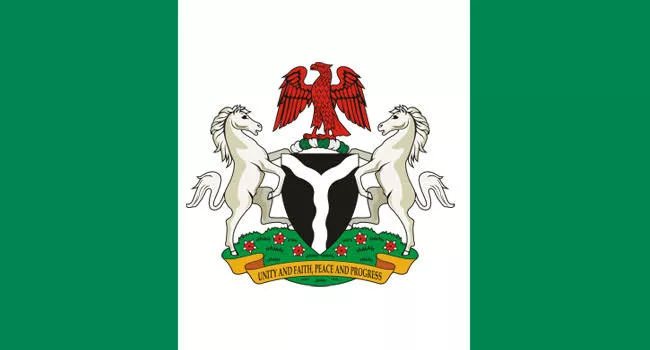Nigeria just marked 64 years of political independence from its colonial master, Britain, on October 1, 1960. In the early years and decades that followed that epoch-making event, the day would usually be characterised by gaiety and hope, and the celebration marked with fanfare. That is all long gone now. Last week, the federal government directed a subdued National Day celebration, judging by the nation’s mood. And it is correct: citizens were not in the mood to celebrate Nigeria.
Many are disillusioned, and there is a general feeling of despondency. Instead of the excitement that usually occurs on such occasions, many in Nigeria gather at certain points to resume their protest against the rising hardship families face due to decades of poor governance, especially in the last decade. The dust is yet to settle on the earlier protest against bad governance in early August, with hundreds of the protesters still in detention and facing charges of treason.
Somehow, most Nigerians are not revelling in their country’s greatness or pride in being citizens. They are thinking about how to survive the hard times, with hyperinflation and stagnant wages, food and physical insecurity, poor infrastructure and lack of access to good health and education, among others, as well as a sense of hopelessness in the immediate future, a constant worry. It is no wonder most of the country’s youths and young adults want to flee the country – whether through the official channels or staking their lives in rickety jetties or trudging through the merciless Sahara Desert – the truth is that those who have not left are looking to leave if they have the slightest opportunity because they see their country as a dream killer where nothing works.
How did the country come to this sorry state? Years of weakening state institutions by corruption, nepotism, negligent conduct and a failure to demand accountability from both the leaders and the led have meant that a nation blessed with superabundant human capacity and natural resources has, in the past decade, become the world’s poverty capital.
The trouble with Nigeria is within – for when Nigerians go outside the country, they generally excel, their indefatigable spirit capitalising on the opportunities provided by a system underpinned by institutions that work and demand accountability and punish infractions.
As postulated in Chinua Achebe’s book, “The Trouble with Nigeria,” leadership deficit has been the country’s albatross. And though this is generally known to be the case, the political class has not shown any inclination to steer the country from the precipice. The leadership recruitment process has become even murkier due to the high stakes in political office poke-marked by a win–at–all–cost mentality. Politics that ought to provide an opportunity for public service has been turned into a most lucrative charade that churns out overnight billionaires every cycle due to weak or compromised anti-graft institutions and a colluding judiciary that contribute to the age-old failure to hold people accountable for the actions and criminal negligence.
At 64, Nigerians are no longer moved by messages of hope. The populace has gone beyond that: They want people who lead them to show them good examples to follow. Otherwise, the leaders’ platitudes seem like empty words that deliver not much that endures but a lot to ponder over. The political class must allow Nigeria to survive. Their self-centeredness is suffocating the country. And if they do not show the required patriotism to propel Nigeria from its present quagmire, how can they expect a different attitude from their followers?
At 64, Nigeria is no longer a nascent nation but needs to grow into the expectations of the founding fathers and its present and future populations.
As Nigerians reflect on their Independence, they must wake up to understand that building the nation is everybody’s task. Citizens must rally together and demand the change they seek from the political class. The potential for transformation lies within the resilience of the Nigerian people. If they can channel their frustrations into collective action, the dream of a Nigeria that works for everyone is still attainable.
As Nigeria observes its 64th Independence, it should be a time for reflection and reckoning. While the celebrations may be muted, the spirit of the Nigerian people remains unbroken. They continue to dream of a better future, where Independence is not just a date on the calendar but a reality lived every day. The journey ahead may be daunting, but the hope for a brighter tomorrow persists, fuelled by the undying resolve of its citizens.





